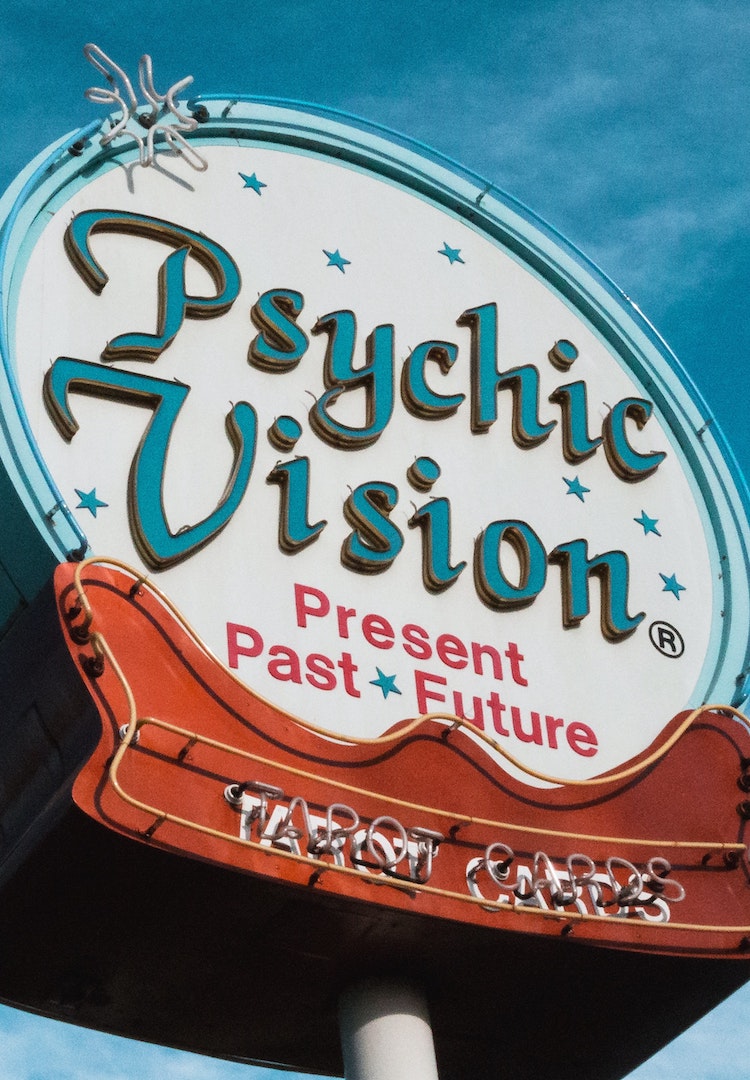7 signs you’re ready to leave your current job
WORDS BY KATIE GASTON
“A lot of people don’t realise that they’re in charge of their career.”
It can be difficult to determine when inevitable wobbles in your career become concrete signs that you need to leave your job. We often internalise the rhetoric that if you don’t actively hate your job, you should suck it up and make the best of it.
For more advice like this, browse through our Life section.
In the interest of separating the work-related pink flags from the red, I spoke to Christina Storey, a careers coach and the founder of the female-focused business, Her Career Coach. Christina shared seven signs concerning your mental health, physical health or habits that indicate you’re ready to move on from your job.
You don’t want to go to work
While it’s completely normal to be wistfully imagining a life of sunbathing and sipping cocktails toward the end of a holiday, a persistent feeling of dread when you think about going to work signals that something isn’t quite right.
Christina explains that this might show up as a “struggle to get out of bed in the morning… those Sunday night blues” or if you’re “always late to work in the morning”.
You feel like you’re incapable or unworthy
Christina explains that when someone “starts to discount their contribution… [or] they don’t feel like who they [usually] are then there’s a reason behind that”. If you’re having an overwhelming feeling that you’re, as Christina puts it, “less than” at work, it’s likely this lack of confidence means you need a change.
Your physical health is suffering
This sign is one Christina has experienced herself. She tells me she noticed “inflammation in my body [that] was a direct reaction to the stress that I was under and the way that I was feeling”.
Christina tells me there are many ways these feelings can impact your physical health. “Some people develop chronic fatigue [syndrome], some people get a lot of pimples on their face, or all over their bodies, some people all of a sudden just happen to get an autoimmune disease… lethargy is a huge one too… [always] feeling tired.”
You feel undervalued at work
If you’re feeling undervalued in the work you’re doing, she says this could also be a sign to switch up your job. Feeling as though your hard work is going unappreciated can manifest as noticing a lack of gratitude from your colleagues or managers, to feeling as though you’re only given the simplest or least desirable tasks at work.
While it’s normal to feel this way occasionally, consistently feeling like this indicates that your workplace may not be right for you.
Your job doesn’t make you happy
It’s unlikely you’ll absolutely adore every coworker, client or project, but feeling an overall sense of contentment, motivation and passion at your job is essential for maintaining good mental health at work.
If you’re someone whose work “doesn’t make them smile and is sucking their energy” as Christina puts it, or “just feel[s] like they’re existing” rather than thriving while at work, you might want to consider a change.
You’re taking more leave or sick days than usual
Christina highlights that “another good sign” is if you find yourself “taking more sick leave”. Whether it’s because of stress-related illnesses or using a sniffle as an excuse to avoid going to work, taking more sick days than normal is a tangible way to evaluate how your job is affecting your mood and mental health.
You’ve been looking for other opportunities
Christina tells me “one of the obvious ones is looking at job boards more frequently. Not necessarily looking for something, just that meaningless scrolling”. So if your internet history is populated with job searches on Seek, LinkedIn or on our careers page, that’s probably a sign you’re craving a change in your work.
To decide whether you want to leave your job, Christina recommends “just sitting down with yourself, with absolutely no distractions whatsoever, having a pen and piece of paper or notebook” and reflecting on “every single aspect” of your role.
“This is something I do with my clients,” she explains, telling me she’ll encourage them to ask themselves “What do they need to be happy? What are some of the things that make them happy? Is it the type of role that they’re doing? Is it the type of manager [or] the type of organisation that they’re working with?”.
Using your answers as a guide, you can begin to “look at those next steps of what that next role is” and “then work out a bit of a plan as to what companies [or roles] fit that bill”.
If you’ve completed this exercise and realise that your current role matches your priorities better than you thought, Christina recommends using your answers as guiding principles to “take back control” of your career, and ask for what you need at work.
She adds that “a lot of people don’t realise that they’re in charge of their career… and they can actually take that action that they need to to get what it is that they want”.
For advice on leaving a job that’s not right for you, head here.













